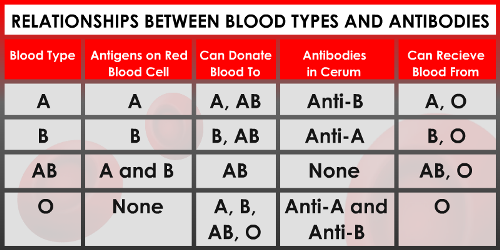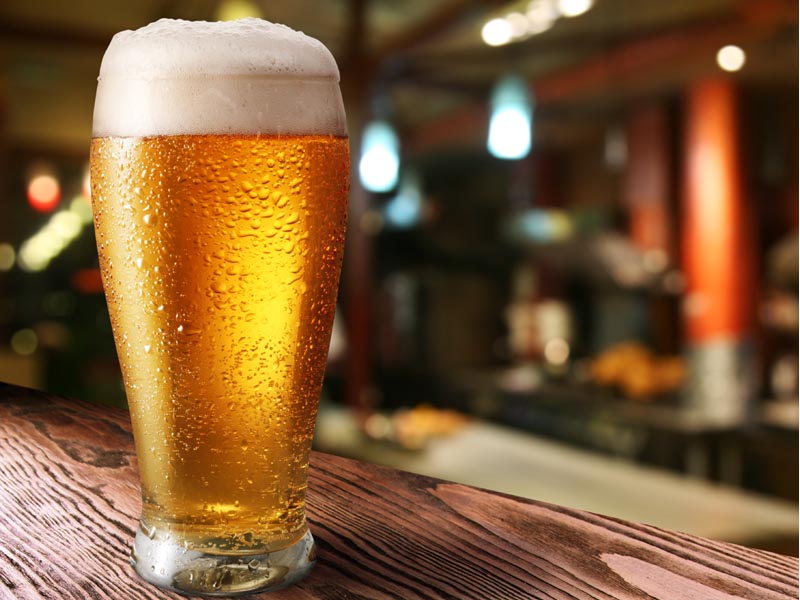4 List of All Types of Blood Groups and their Importance
For any living organism to survive in this world, they require proteins, nutrients and oxygen. For transfer these substances to all parts of cells of the body their need to be some transport. Blood acts as transporter in the body. It accounts 7% of human body weight with an average density of 1060 kg/m3 for adult an average volume of blood is five liters. It is composed of plasma and different types of cells. Blood constitutes different type of corpuscles in it. They are known red blood corpuscles, leukocytes and thrombocytes. For those who want to know how many types of blood groups in human body:

Red blood cells constitute 45 % of blood; plasma is about 54.3% and leukocytes of 0.7%. Colour of blood is red, it is obtained by a substance which is present in it is called hemoglobin. A blood is decided based on the presence of antigens on the surface of red blood cells. Blood types are inherited and represented by contributions from both parents. So far International Society of Blood Transfusion had recognized 35 human blood group systems. Here are the main blood group and blood type
Why Do Blood Types Differ:
Blood is made of up of red and white blood cells, plasma and proteins. The plasma has antigens floating in it which is responsible for offering immunity to the body. Antigens are of two types, A and B, which produce different antibodies to fight the disease-causing germs. People with O blood group have both antibodies. This difference in antibodies create resistance to some diseases and is vulnerable to others.
Percentage Of Blood Groups In India:
As per study, the most common blood group in India is O with a 37.12% of the population. The second most common blood group is B with a 32,26%, followed by A at 22.8%. AB is the least found blood in the Indian subcontinent.

Rarest Blood Type In India:
The rarest blood group is the Bombay Blood group, found only in 0.01% of the Indian population. It is most likely found in Mumbai locals and hence the name. Among this, the negative blood group is even rarer in occurrence than the positive. It is estimated that only 15 donors are identified across India with this blood group.





















